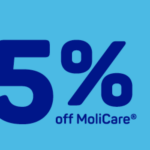Boosting the health of your gut can work wonders for your overall physical and mental wellbeing, as Michelle Higgs explains
Your gut, also known as the gastrointestinal tract or bowel, starts at the mouth. When you eat, food moves down the oesophagus into the stomach. Here, food is mixed with gastric juices, digestive enzymes and acid to help break down carbohydrates, fats and proteins. From there, food passes through the small intestine, where most of the digestion is carried out. Fibrous food that cannot be absorbed goes into the large intestine before being excreted as waste via the rectum and anus.
Believe it or not, your gut contains more than 100 trillion microorganisms, or friendly bacteria – a whole ecosystem called gut flora, or microbiota. Every single person has a gut flora that’s unique to them which is made up of different combinations of bacteria. Although around 1,000 different bacteria can live in the gut, we usually only have between 100 and 150 at any one time.
It takes around 24 hours for food to pass through the stomach, intestines and anus (Guts UK)
The bacteria in your gut flora have several incredibly important functions in your body, not just in your digestive system, and you simply could not live without them. They produce essential vitamins and hormones, help to digest fibre that you can’t digest yourself,
and boost your immune system by eliminating harmful bacteria. There is also a link between good gut health and mental wellbeing.
It’s vital that you look after your gut flora. Think of it as being like a garden. The foods you eat that are rich in fibre feed the bacteria, acting a little like fertiliser to help the gut flora grow and thrive. This is the very definition of a healthy gut.
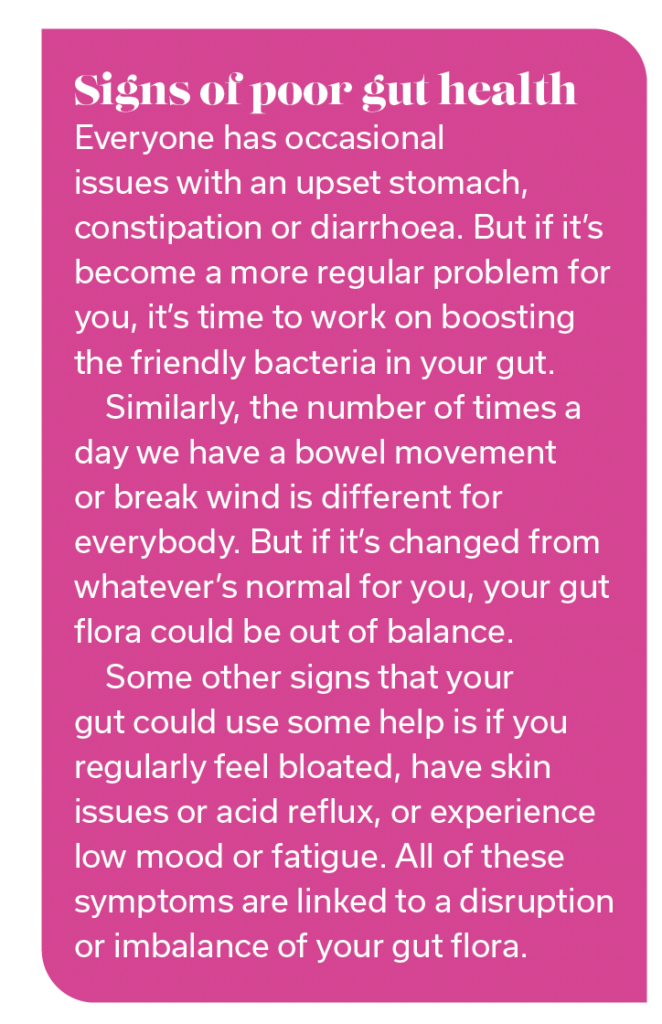
Add variety to your diet
Luckily, there’s a lot you can do to help your gut work more efficiently. The main thing that has an influence on your gut bacteria is what you eat. Fibre from plant foods in your diet is not digested by your body; instead, some of it feeds the friendly bacteria in your gut. This part of the fibre is called a prebiotic.
Research has shown that it’s the variety of plant foods you eat that counts and makes a difference to improving your gut health. This is because there are thousands of plant phytochemicals and almost 100 types of fibre that are believed to feed the microorganisms in the gut. That’s why it’s generally recommended that you should try eating many different types of plant foods a week.

This could include: all fruit and vegetables; wholegrains, such as wholegrain breakfast cereal, oats, brown pasta, brown rice and wholemeal bread; legumes, including beans, lentils, peas, chickpeas and kidney beans; and nuts and seeds, such as almonds, flax seeds, pine nuts and pumpkin seeds.
Easy ways to add even more to your diet include using mixed berries and vegetables; stirring nuts and seeds into cereal, sauces, stir-fries and rice; and using extra herbs and spices.
43% of the UK population have experienced tummy problems (Guts UK)
You might also want to try fermented (probiotic) foods that feed the gut. These include yoghurt, kefir, miso, kimchi and sauerkraut. There are also probiotic food supplements available that are designed to restore the balance of bacteria in your gut. This is a good idea if you have had to take a course of antibiotics because your gut flora will be disrupted.
Don’t make the mistake of adding lots of extra fibre to your diet all at once. Your body needs to adjust to the change so try adding one new vegetable or fruit once a week, plus a new nut or seed. Remember, some people can’t eat a high-fibre diet because of a digestive disease or problem, so if you’re in doubt check with your GP or pharmacist first.
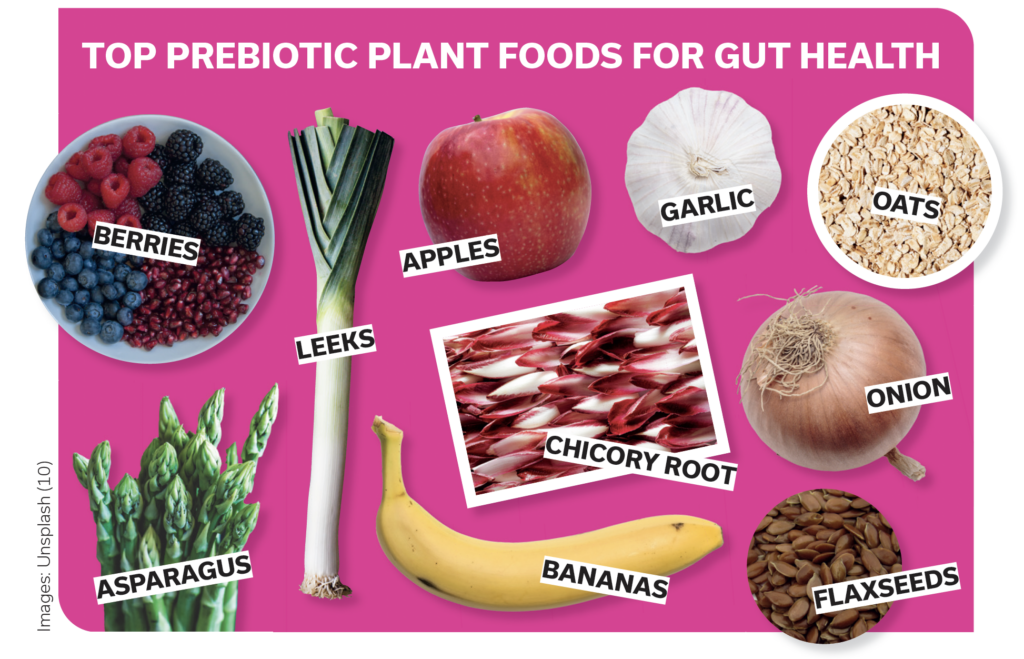
4 lifestyle changes for gut health
In addition to diet, a range of lifestyle factors can also contribute to poor gut health. If you make the following four changes to your lifestyle, it will have huge benefits for your overall physical and mental wellbeing, not just your gut flora.
1 Quit smoking
Smoking increases the number of harmful microorganisms in the gut, making it harder for the friendly bacteria to do its work. If you’re currently a smoker and you quit smoking for good, your gut flora can start to recover – your heart and lungs will thank you too. Talk to the trained staff at your local pharmacy about the support available to stop smoking through nicotine replacement therapy (NRT); they will also provide invaluable advice and guidance for up to 12 weeks during the programme.
2 Get enough sleep
It’s vital that you get sufficient quality sleep for your gut to function properly. It’s not yet known why, but a lack of sleep has a negative effect on your gut flora, reducing the number of friendly bacteria. Try to get into a routine of going to bed and getting up at the same time, even at the weekend. You should aim for around 7 to 8 hours of sleep each night but build up to this gradually.
On average, the length of the digestive tube from mouth to bottom (anus) is 9 metres (Guts UK)
3 Reduce stress
If you’re experiencing stress or anxiety regularly, this can be harmful to your gut flora. Stress can also worsen the symptoms of irritable bowel syndrome (IBS) or inflammatory bowel disease (IBD). Take steps to reduce any stress in your life and learn how to manage it better. If you’re struggling, slow down and try mindfulness techniques once a day to live in the moment, and use meditation apps to introduce some calm when everything feels too much.
4 Exercise regularly
If you can add some moderate exercise to your regular routine, you’re likely to have better digestion than people who are more sedentary. Choose aerobic activities such as running, walking and cycling, along with resistance training twice a week. This kind of exercise can potentially increase the variety of bacteria in your gut, and therefore your gut flora overall.

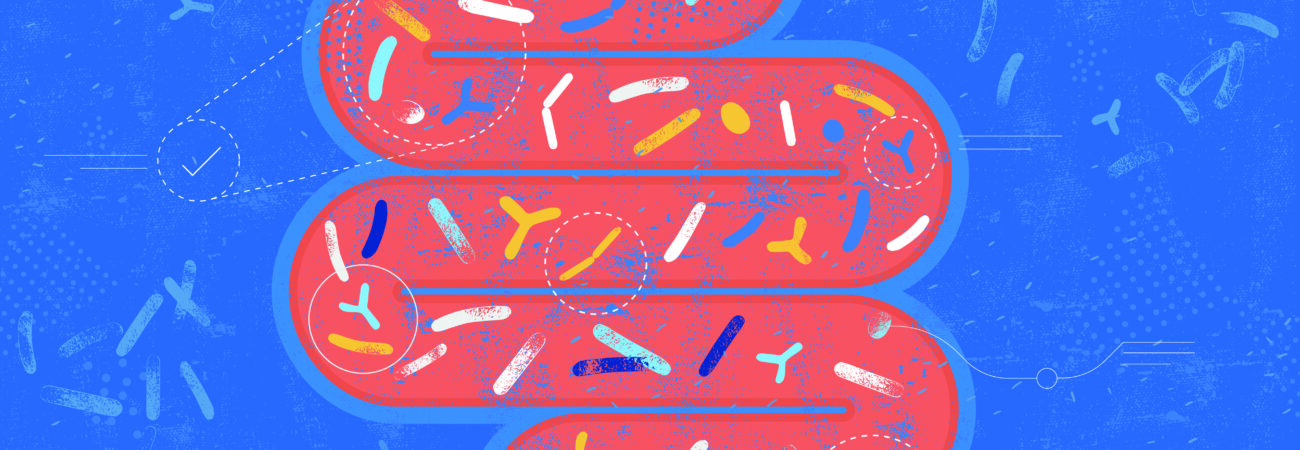












![BODi-NPA_UK-MPU_Hero-1300×450[14]](jpg/bodi-npa_uk-mpu_hero-1300x45014-1-150x150.jpg)





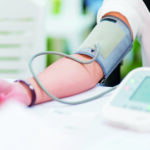


















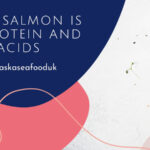



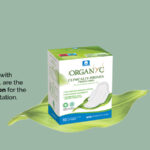




















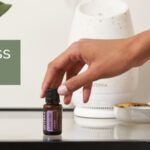












































![19150_Diageo NCP MPU Hero_1300x450px[94][42]](png/19150_diageo-ncp-mpu-hero_1300x450px9442-150x150.png)












